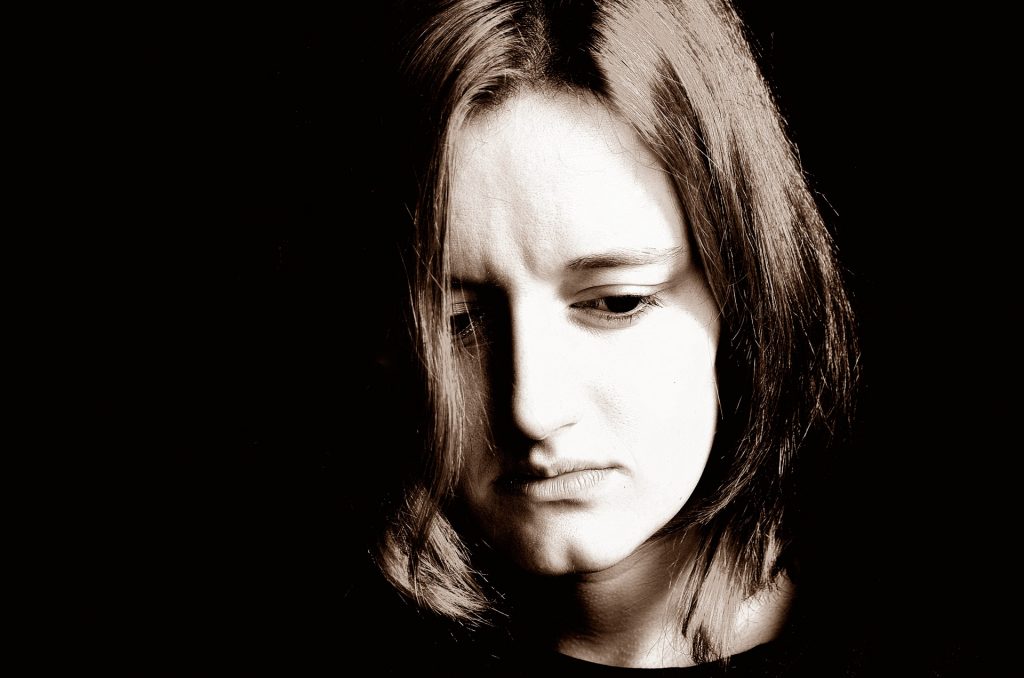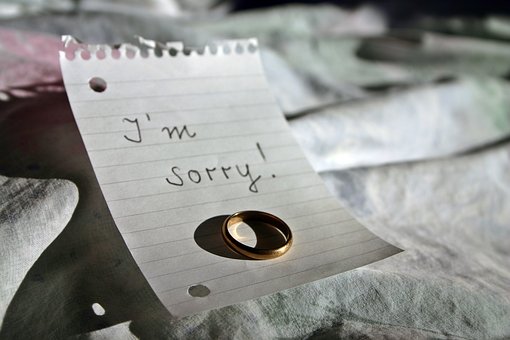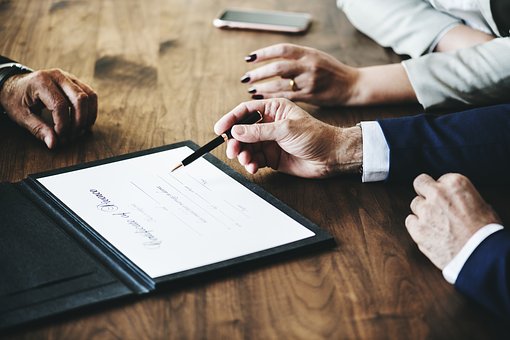When you are in a relationship, you exert an effort to support your partner. You express your love and affection in a way that your significant other can respond. But what if he or she is suffering from depression? How can it affect you and your relationship? How can you become helpful in that scary condition?

It is not unloving to learn to maintain a distance from the depression; it may, in fact, be the only thing that keeps you healthy and available. — Angela Avery, MA, LLPC, NCC
Understanding The Situation Even If It Hurts
There are times that our loved ones – who are suffering from depression – tend to push us away. They make it hard for us to extend our help due to their emotional instability. Sometimes, they feel guilty about their situation every time we try to make them feel better. They have this mentality that nobody understands them, and everything is not going to help them. It puts pressure unto us because we know we need to be there for them, but we seem to have problems getting near them. They think they don’t need someone in their lives. They feel awful about themselves a lot of times, and because they love us, they don’t want our involvement when it comes to their mental state.
We have to understand that our loved ones need help. When they try to shut us down, we need to remember that it’s not because they don’t care about us. Our significant others only want to avoid putting their stress unto us that’s why pushing us away is the only thing they can think of doing. They feel sorry for the situation and feel bad that we have to go through it together with them. Sometimes, they only need space, so there’s no need for us to pull back. We need to remind them that we care, support, and love them at all cost.
To combat depression means taking on this internal enemy. This may involve looking into your past to help determine where these critical thoughts came from. — Lisa Firestone, Ph.D.
Draining And Upsetting But Challenging
Being in love with a person who suffers from depression is draining and upsetting. It can make us feel devastated and tired of all the struggles we encounter almost every day. In all honesty, we sometimes think about giving up. But if we do, we know we won’t be able to support the person we love. The decision making even gets to the point that we no longer want to be part of it anymore and we only want to break free from the stress that our relationship is giving us. Sometimes, we unintentionally respond to their situation in a counteractive manner, and it causes us a lot of frustration.
Though the situation might be draining, we need to remember that it’s much harder for our partners to get through with it. Therefore, caring for ourselves is essential so we can continue to support our loved ones in their struggle. We should stop thinking about fixing them but rather encourage ourselves to work on challenging things that can help them realize their significance in our lives.
No doubt, there’s good intention lurking beneath some of the things people say to those experiencing depression. Good intention, though, does little to ease pain. — Jenise Harmon, LISW-S

Depression can make our loved ones think that the world has given up on them, so we need to assure them that we are going to stay and be there for them. For someone who battles with this kind of mental disorder, our presence is the only thing that’s needed.








